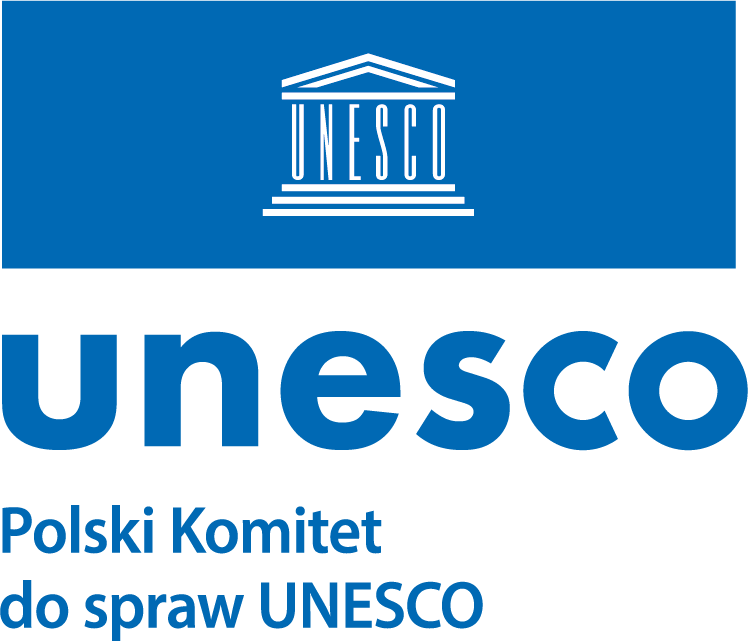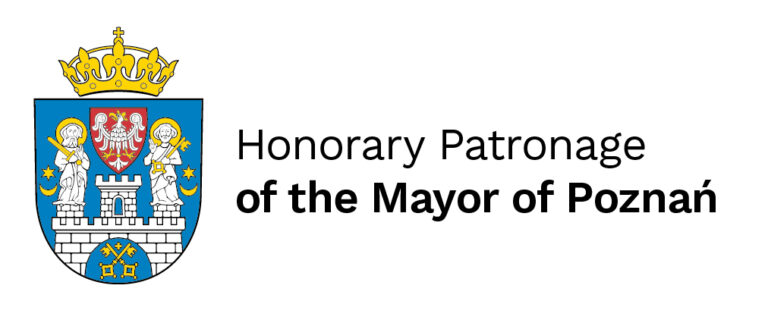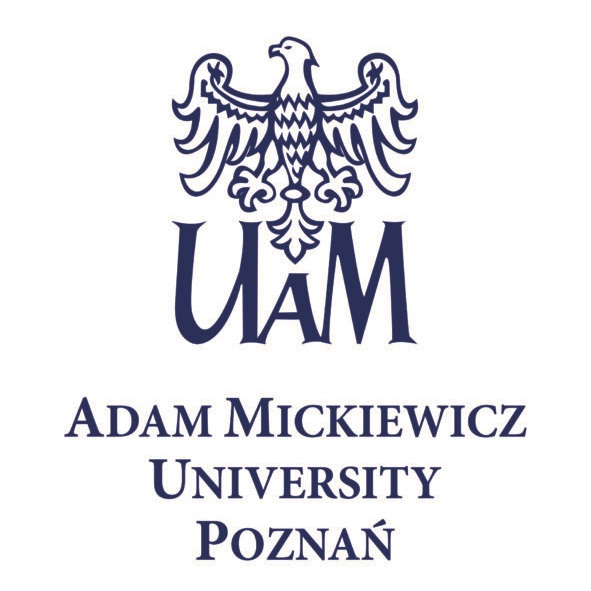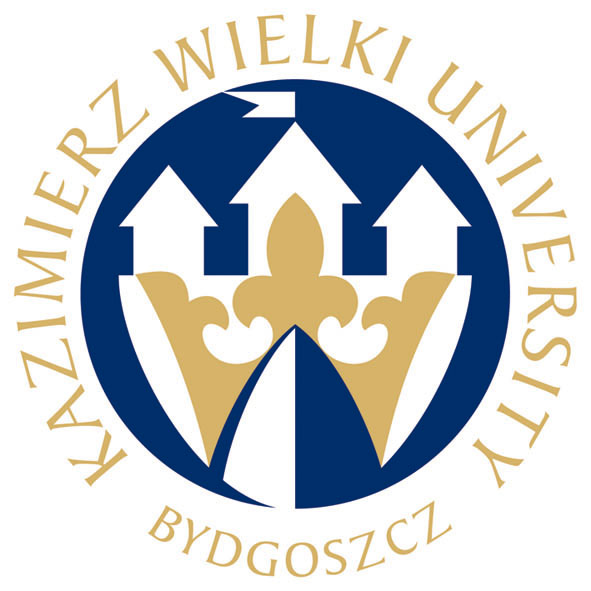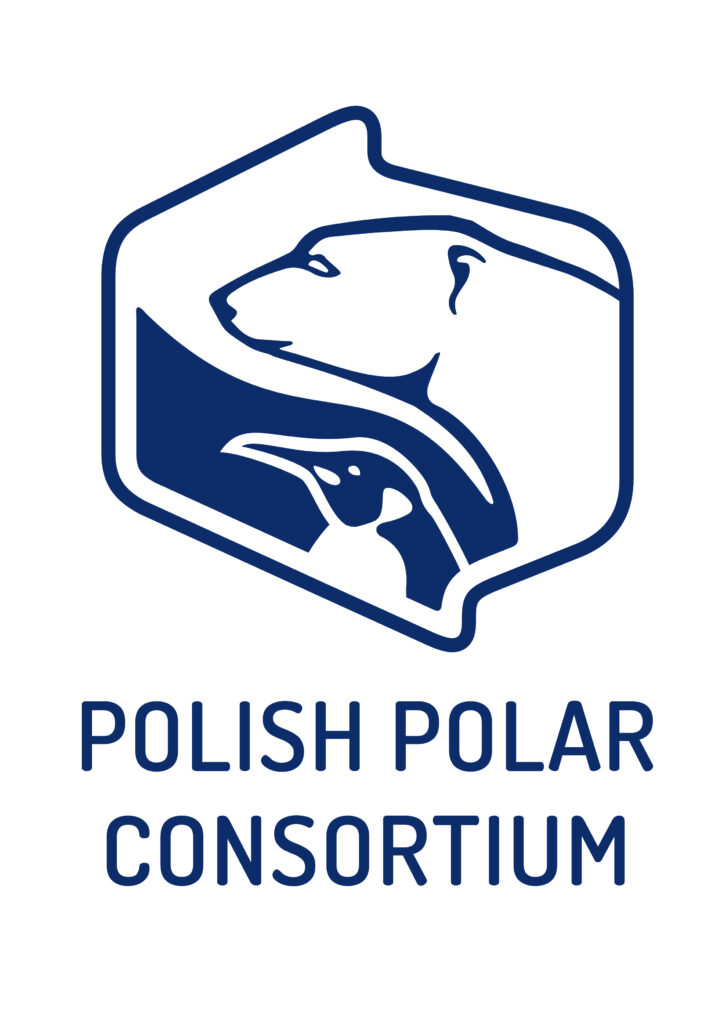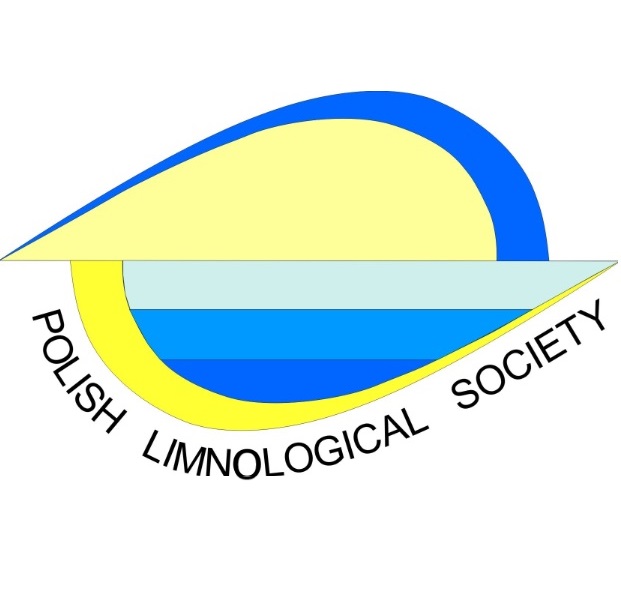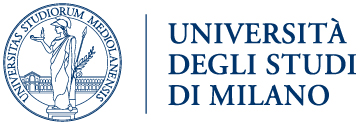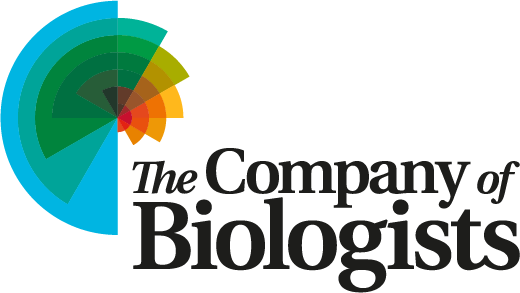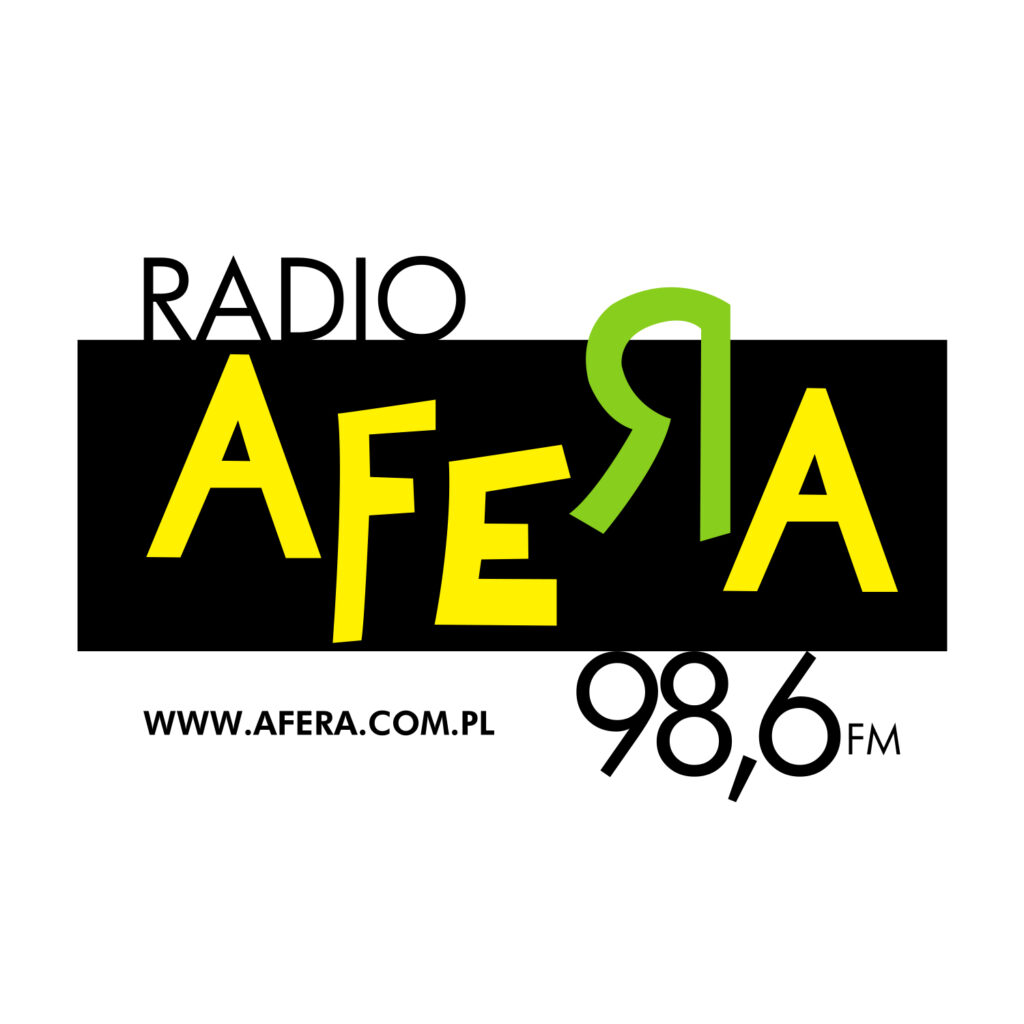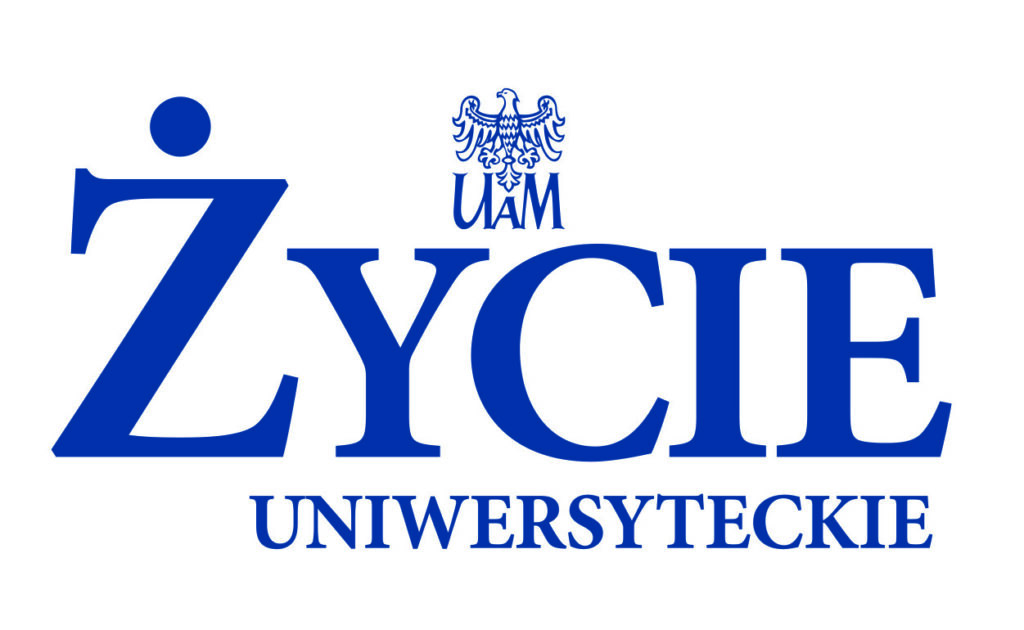Cryosphere with its main components, snow, glaciers, sea ice and permafrost, is crucial for the functioning of Earth’s biosphere, hydrosphere and atmosphere. Cryospheric ecosystems host unique biodiversity and impact the adjacent ecosystems by shaping the availability of water resources and biogeochemical cycles. Intensified melting and shrinking of the cryosphere worldwide is not solely the symbol and consequence of global warming, but a trigger for changes such as the disappearance of endemic and specialistic organisms, functional shifts in downstream ecosystems, cryospheric-anthropogenic interactions, and finally the disappearance of cryospheric and the formation of new, ice-free ecosystems.
We welcome submissions in the fields of biodiversity, ecology, biogeochemistry and pollution of glaciers, snow, sea ice and permafrost, the impact of glaciers on the adjacent systems (forefields, streams, seas), and cryosphere-atmosphere interaction. The conference covers a broad spectrum of disciplines related to the functioning of cryospheric ecosystems: biology, chemistry, physics, and Earth sciences.
The International Year of Glaciers’ Preservation proposed by UNESCO is a great opportunity to meet and discuss recent discoveries, contemporary threats, and conservation strategies of cryospheric ecosystems in the international community of scientists.
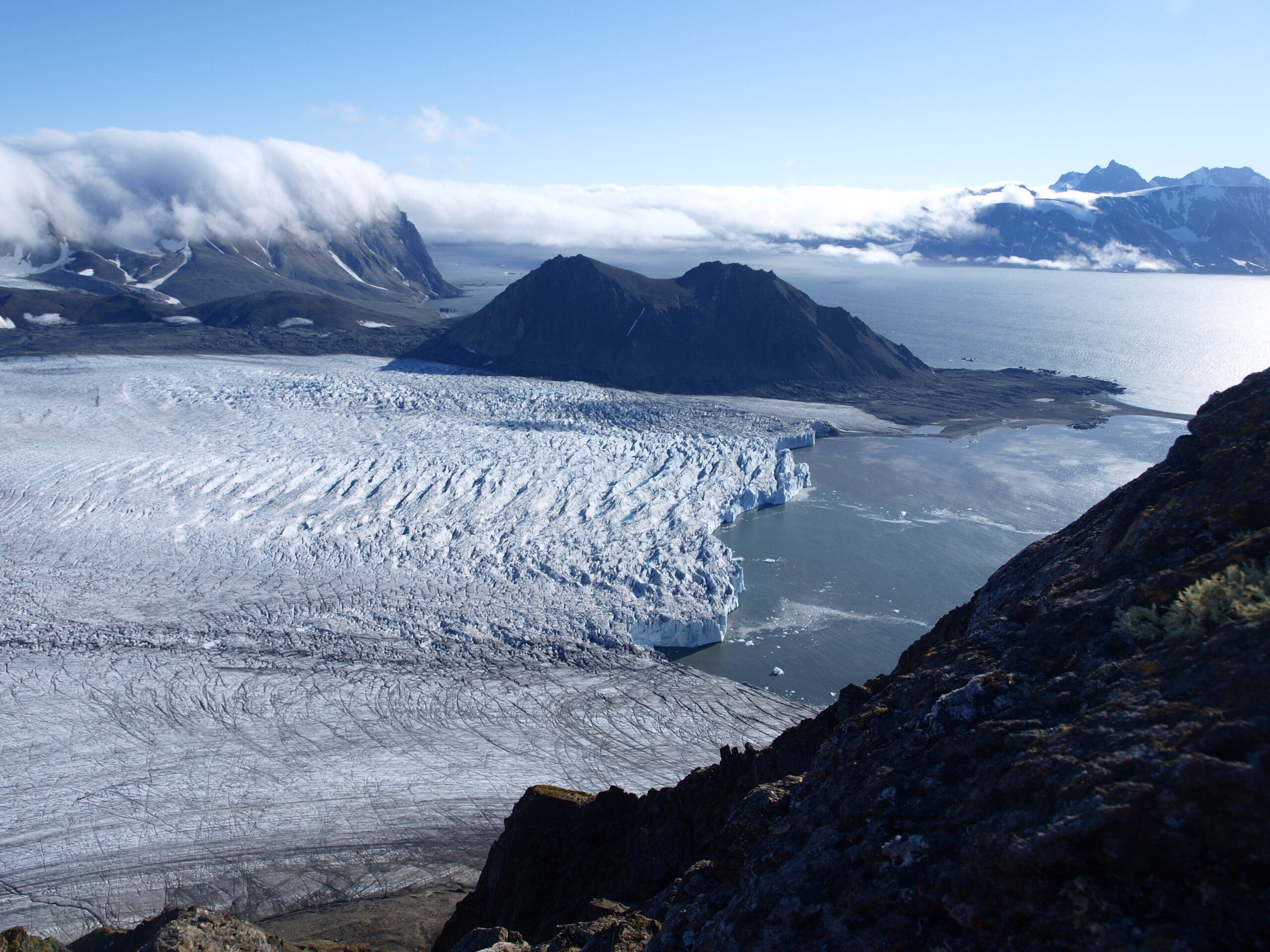
Travel and presentation guidelines
2. Presentations and posters.
- Oral session (12 minutes + 3 minutes of discussion)
- Short presentation (3 minutes + 2 minutes of discussion).
– The icebreaker and all conference sessions will take place at the Collegium Biologicum, Adam Mickiewicz University (Campus Morasko).
Organizing committee
We are a group of enthusiastic scientists working at academia and scientific centers in various parts of the world. We specialise in various disciplines related to the cryosphere such as ecology, biogeography and taxonomy, chemistry and toxicology, and glaciology. The scientific papers and projects are not the only elements we have in common: we are united in the passion for science and the cryosphere. Our decision to organize the Cryospheric Ecosystems Conference was motivated by the desire to build an opportunity for scientists who only know each other as names on the scientific articles, to share the knowledge and ideas, and to shape interdisciplinary future studies on glaciers, snow, sea ice and permafrost. All organizers and volunteers are listed below.
Chair
Krzysztof Zawierucha
Adam Mickiewicz University, Poznań
Scientific interests: biodiversity and ecology of glacial ecosystems. Biogeography, diversity and taxonomy of glacial invertebrates with special focus on tardigrades.
Local Committee
Edyta Łokas
Institute of Nuclear Physics, Polish Academy of Sciences
Scientific interests: accumulation and release of contaminants (e.g. radionuclides, heavy metals) in a glacial environment. Radioactivity and application of anthropogenic radiotracers to track terrestrial processes including glaciers.
Dariusz Ignatiuk
University of Silesia, Katowice
Scientific interests: glaciology, geophysicy, mass balance and energy balance modelling of glaciers' surface. Clmate change and its implications for the environment in the Arctic (Svalbard) in the field of glacier interactions with the atmosphere and ocean, as well as research on snow cover, hydrology, thermals and glacier evolution.
Krystyna Kozioł
Kazimierz Wielki University, Bydgoszcz
Scientific interests: biogeochemistry and environmental pollution of the cryosphere, especially elemental and organic substance fluxes and various aspects of their deposition in snow and remobilisation from melting glaciers and thawing permafrost.
Danuta Szumińska
Kazimierz Wielki University, Bydgoszcz
Scientific interests: water quality and quantity in permafrost and glacial environments, especially the impacts of permafrost thaw on surface water chemistry.
Nicoletta Makowska-Zawierucha
Adam Mickiewicz University, Poznań
Scientific interests: environmental microbiology. Transmission of antibiotic resistance in aquatic environments of polar regions.
Ewa Poniecka
University of Warsaw, Warszawa
Scientific interests: glacial microbiology and biogeochemistry. Ecology of glacial ecosystems with particular focus on cryoconite holes.
Jakub Buda
Adam Mickiewicz University, Poznań
Scientific interests: biodiversity and ecology of glacial ecosystems with the current focus on processes related to bioaccumulation of radioisotopes and their effects on biota.
Witold Szczuciński
Adam Mickiewicz University, Poznań
Scientific interests: geohazards, sedimentology, marine geology, geochemistry and interdisciplinary polar research.
Przemysław Niedzielski
Adam Mickiewicz University, Poznań
Scientific interests: analytical chemistry, application of analysis in ice cores, glacial deposits, cryoconite, snow.
International committee
Catherine Larose
University Grenoble, France
Scientific interests: microbial ecology, evolution, biogeochemical cycling, cryosphere ecosystem functioning.
Andrea Franzetti
University Milano-Bicocca, Italy
Scientific interests: environmental microbiology, functional ecology, biotechnological potential of psychrophiles.
Roberto Ambrosini
University of Milan, Italy
Scientific interests: environmental microbiology, ecology of glacial ecosystems, modelling of ecological processes in supraglacial zone.
Daniel Shain
Rutgers University, USA
Scientific interests: bioenergetics of psychrophiles, biogeography of glacial metazoans, ecology and taxonomy of ice worms.
Karel Janko
Czech Academy of Sciences, Czech Republic
Scientific interests: genetics, phylogeography, biogeography of psychrophiles in polar regions, evolutionary genomics mainly with respect to non-mendelian reproductive modes.
Jianzhong Xu
Chinese Academy of Sciences, China
Scientific interests: biogeochemistry of cryoconite ecosystems, carbon budget on glaciers.
LIZ bagshaw
University of Bristol, UK
Scientific interests: biogeochemical processes in glacier ecosystems, glacier hydrology, cryoconite systems.
Co-organisers
Jakub Kowalik
Adam Mickiewicz University, Poznań
Scientific interests: environmental microbiology, microbial mats from glacier ablation zone, cryoconite bacteria, ecophysiology of psychrophilic microorganisms.
Łukasz Wejnerowski
Adam Mickiewicz University, Poznań
Scientific interests: algal culturing techniques, aquatic invasions, climate change, cyanotoxins, ecology of bloom-forming Cyanobacteria, hydrobiology.
Ronald Łaniecki
Adam Mickiewicz University, Poznań
Scientific interests: diversity and phylogeography of mites in glacier-related habitats.
Volunteers
Filip Marcinkowski
Faculty of Biology, Adam Mickiewicz University, Poznań
Magdalena Strawa
Faculty of Biology, Adam Mickiewicz University, Poznań
Jędrzej Warguła
Faculty of Biology, Adam Mickiewicz University, Poznań
Barbara Grochowska
Faculty of Biology, Adam Mickiewicz University, Poznań
Anastasiia Polishchuk
Faculty of Biology, Adam Mickiewicz University, Poznań
Wiktoria Zawrzykraj
Faculty of Chemistry, Adam Mickiewicz University, Poznań
Róża Ulikowska
Faculty of Biology, Adam Mickiewicz University, Poznań
Zofia Kujawa
Faculty of Biology, Adam mickiewicz University, Poznań
Mikołaj Jastrzębski
Faculty of Biology, Adam Mickiewicz University, Poznań
Students of the Natural Society at AMU
Section for Polar and Mountain Studies

Announcements
You can find conference schedule here!
New deadlines:
- 30 May – registration + abstract submission
- 10 June – acceptance of selected abstracts and forms of presentation
- 20 June – the deadline for the conference fee payment
For more information, please visit the registration page.
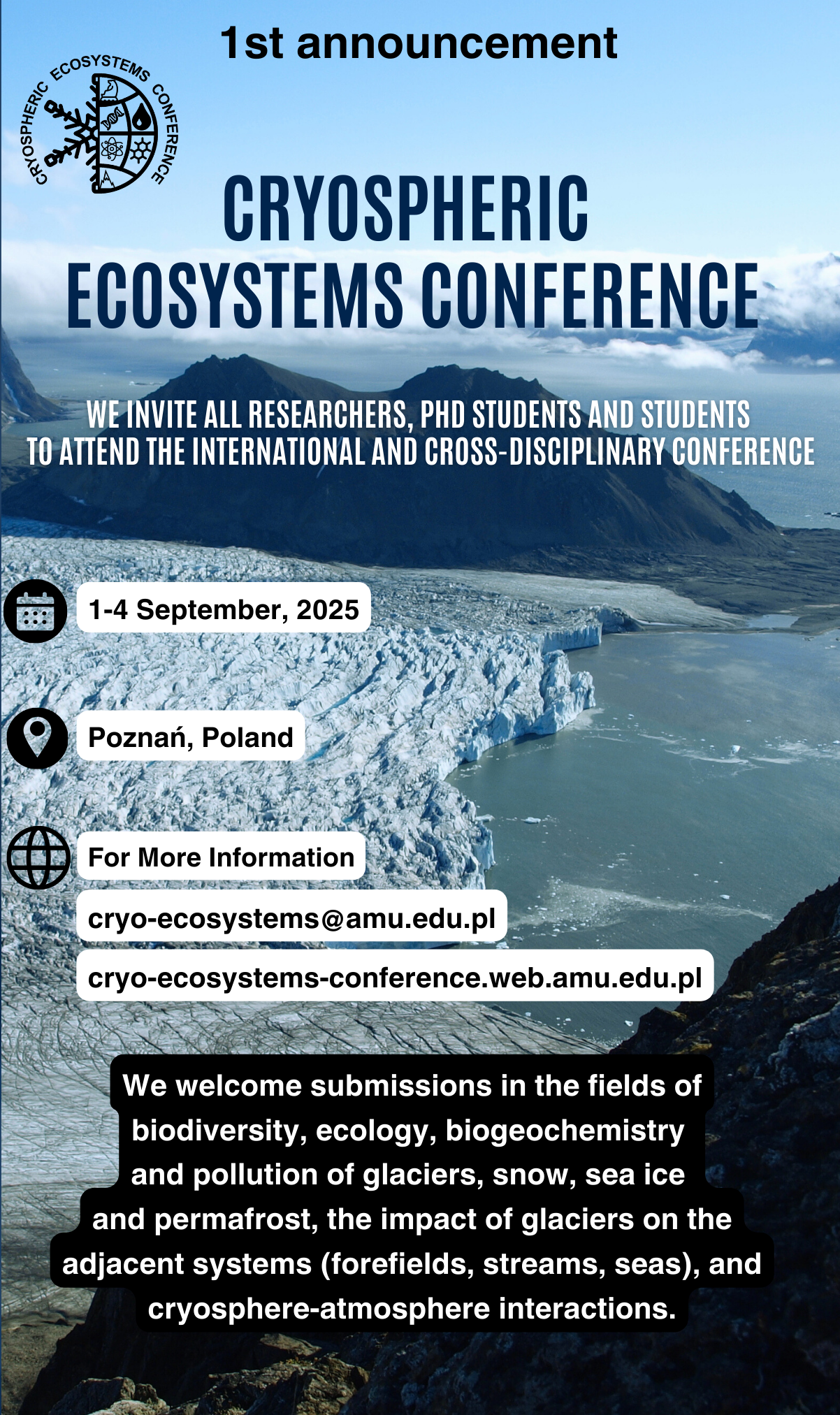
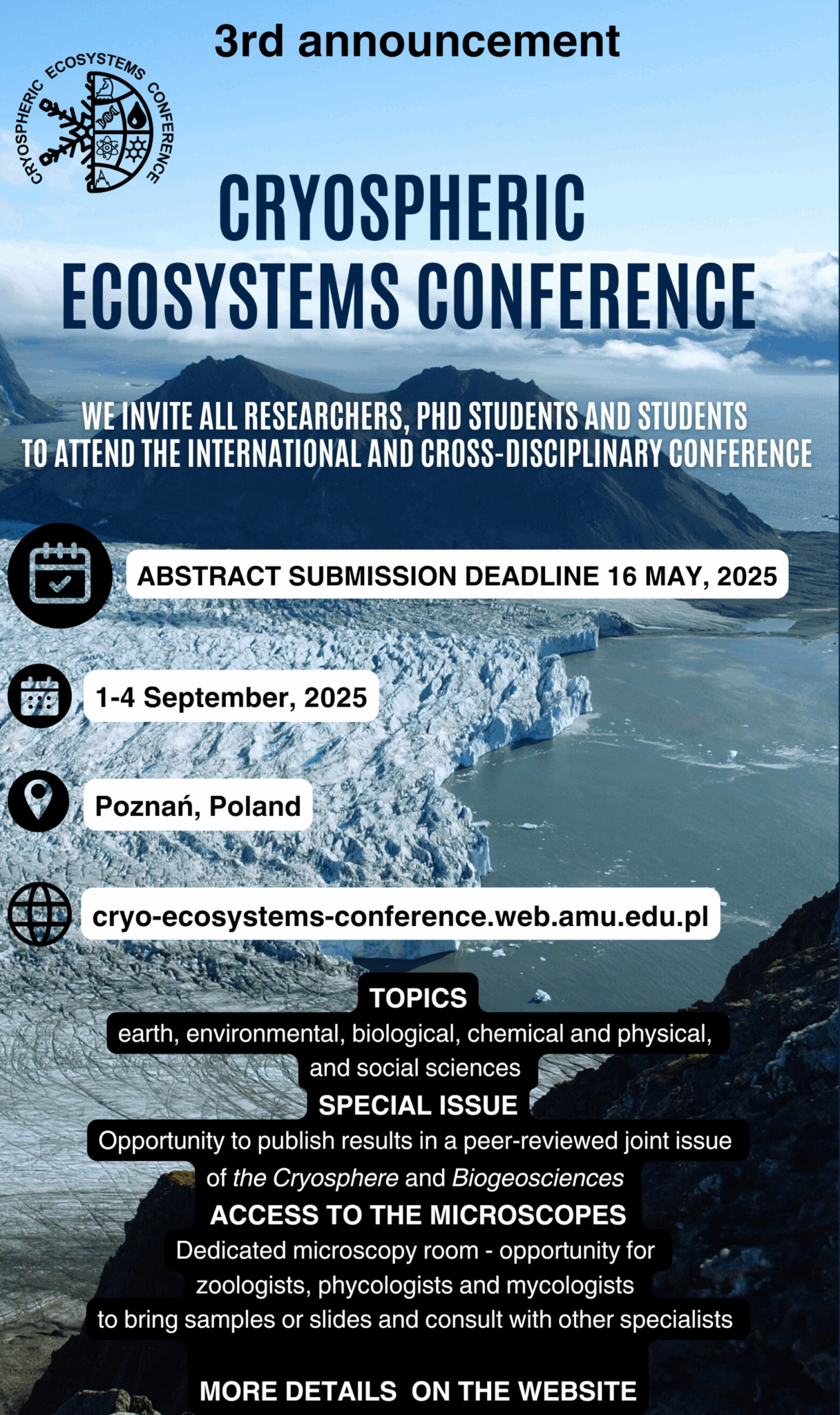
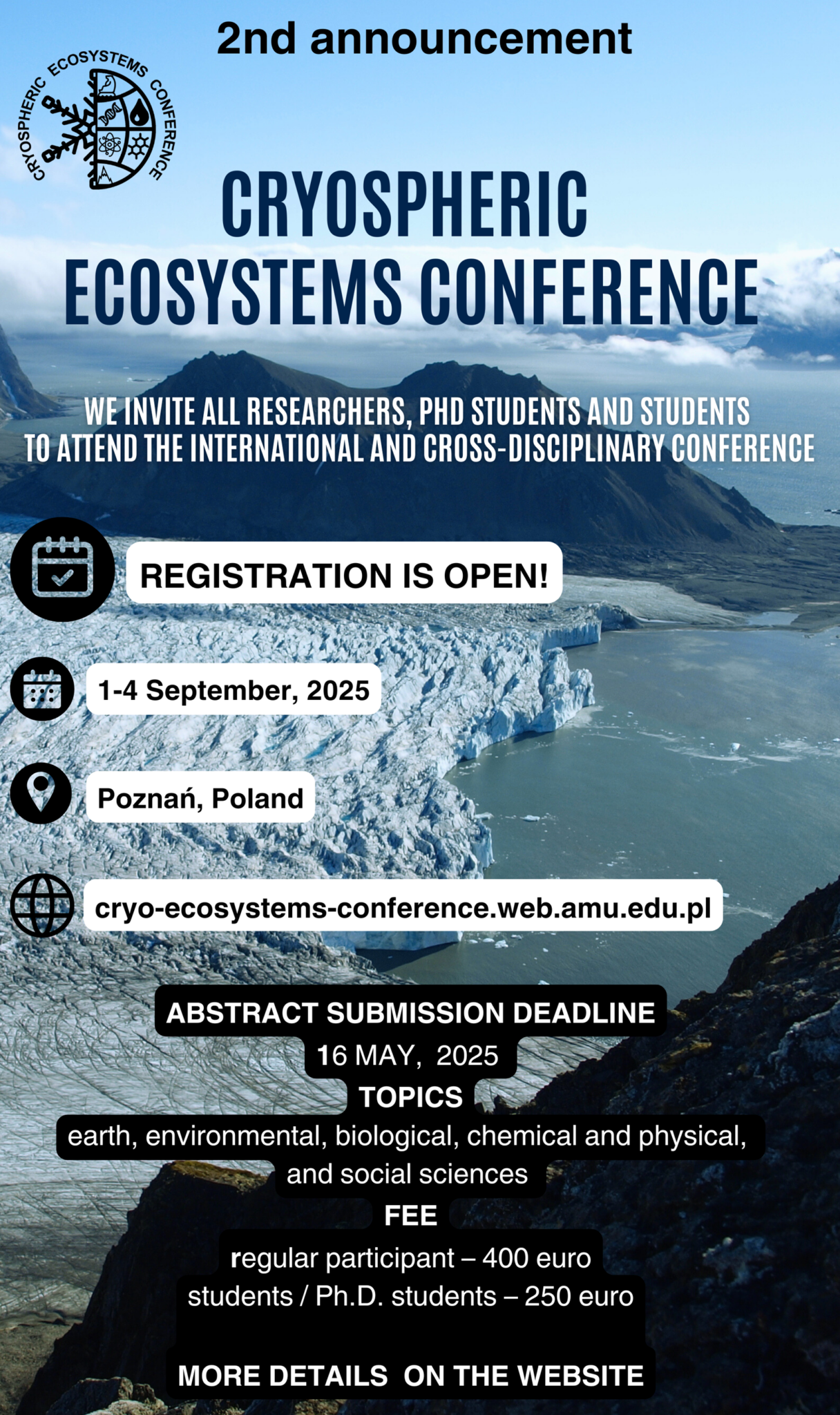
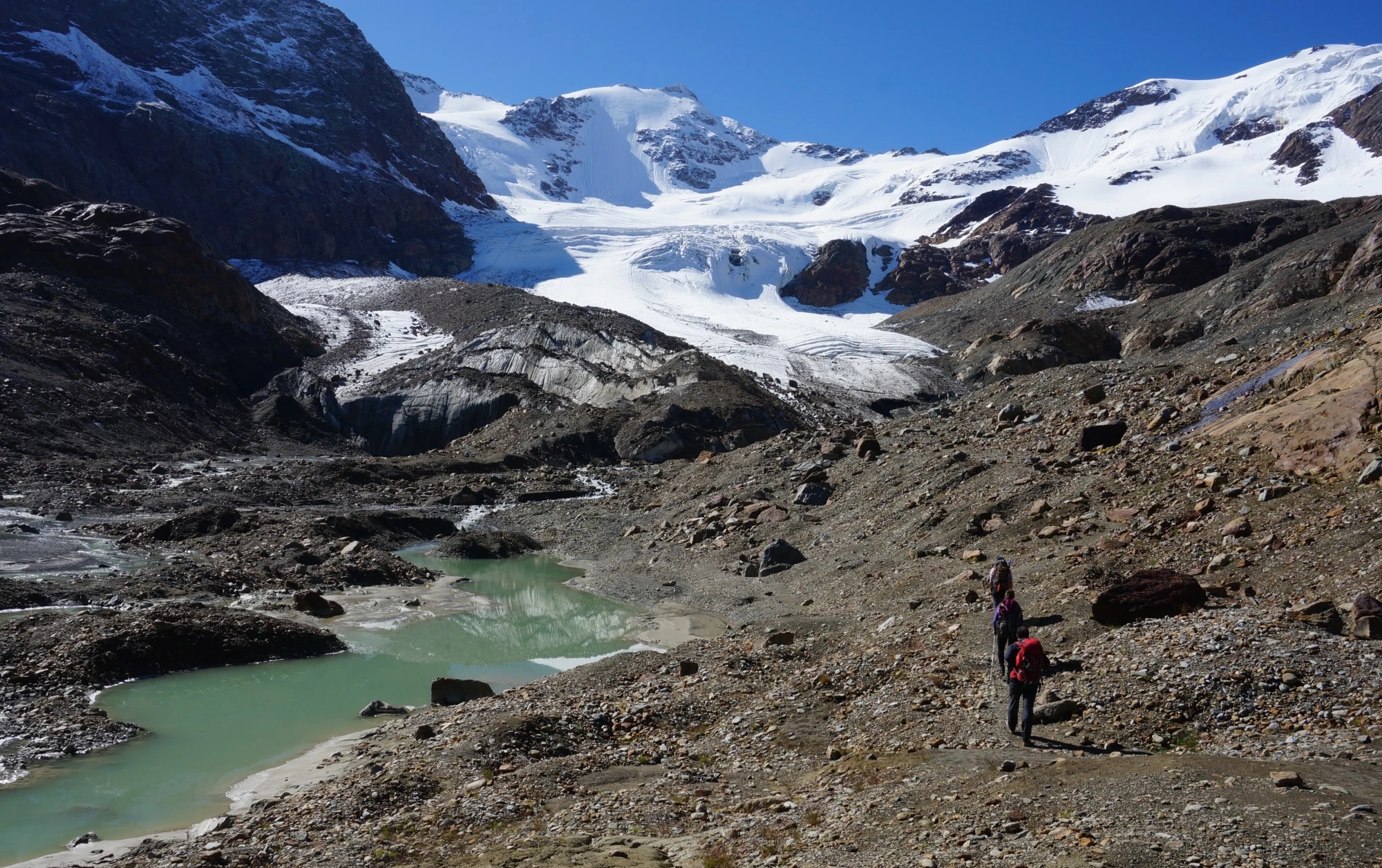
Our Speakers
Nozomu Takeuchi
Chiba University, Japan
Steven Schmidt
University of Colorado Boulder, USA
Gentile Franceseco Ficetola
University of Milan, Italy
Katarzyna Blachowiak-Samolyk
Institute of Oceanology, Polish Academy of Sciences
Bartłomiej Luks
Institute of Geophysics, Polish Academy of Sciences
Nozomu Takeuchi
Department of Earth Sciences, Graduate School of Science, Chiba University, Chiba, Japan
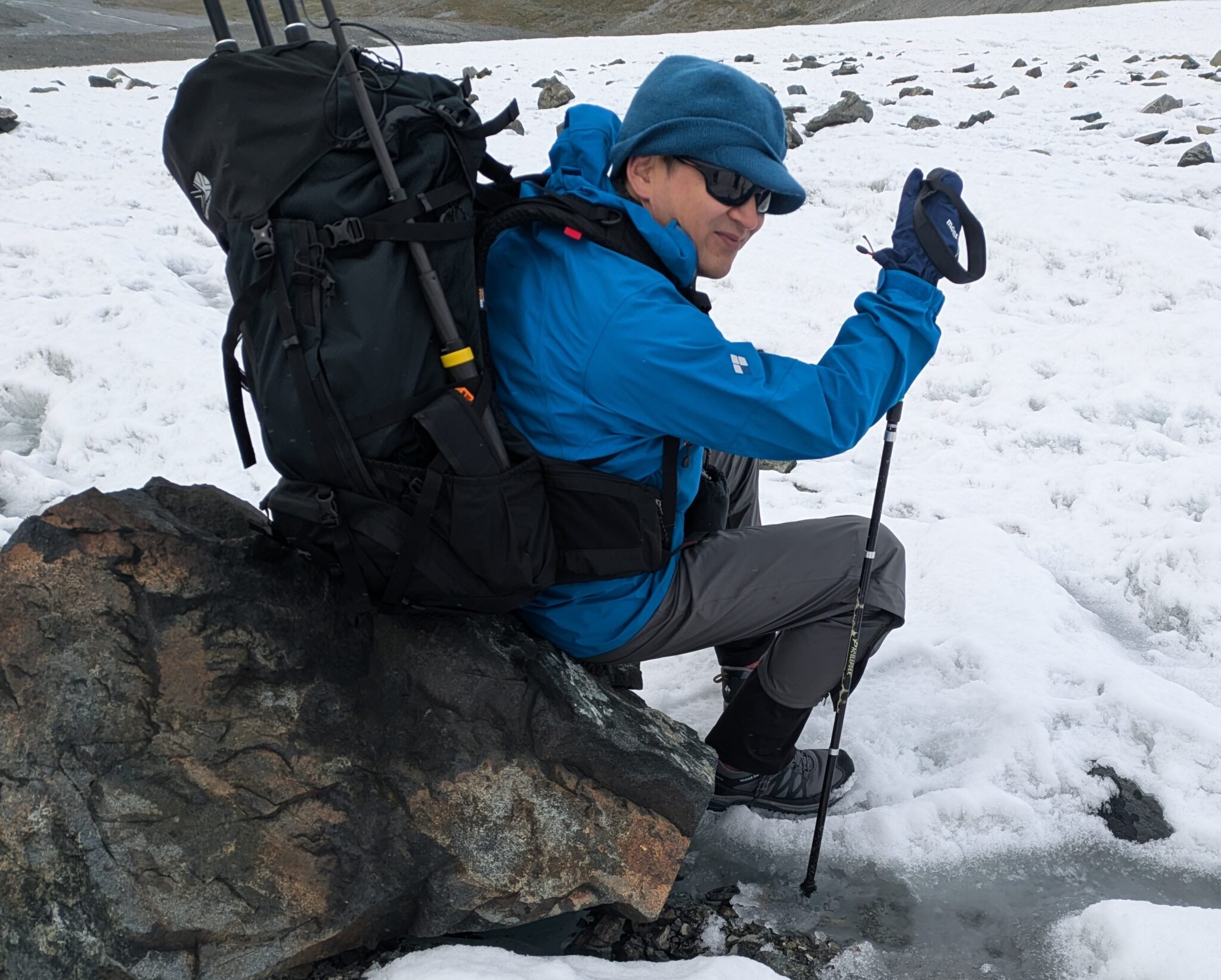
Nozomu Takeuchi has explored cryoconite, a small dark-colored aggregate formed by filamentous cyanobacteria and diverse microbes living on glaciers across the Himalayas, Central Asia, Patagonia, and the Arctic. He focuses on its effect on the melting of snow and ice, referred to as the bio-albedo effect, i.e., the power of microbes to control the expansion of the cryosphere. He has tried to reveal the role of glacial lives across time and space using ice cores, satellite images, and numerical modelings to understand the cryosphere-biosphere interactions throughout the history of this planet.
Steven Schmidt
Ecology and Evolutionary Biology Department, University of Colorado, Boulder, CO, USA
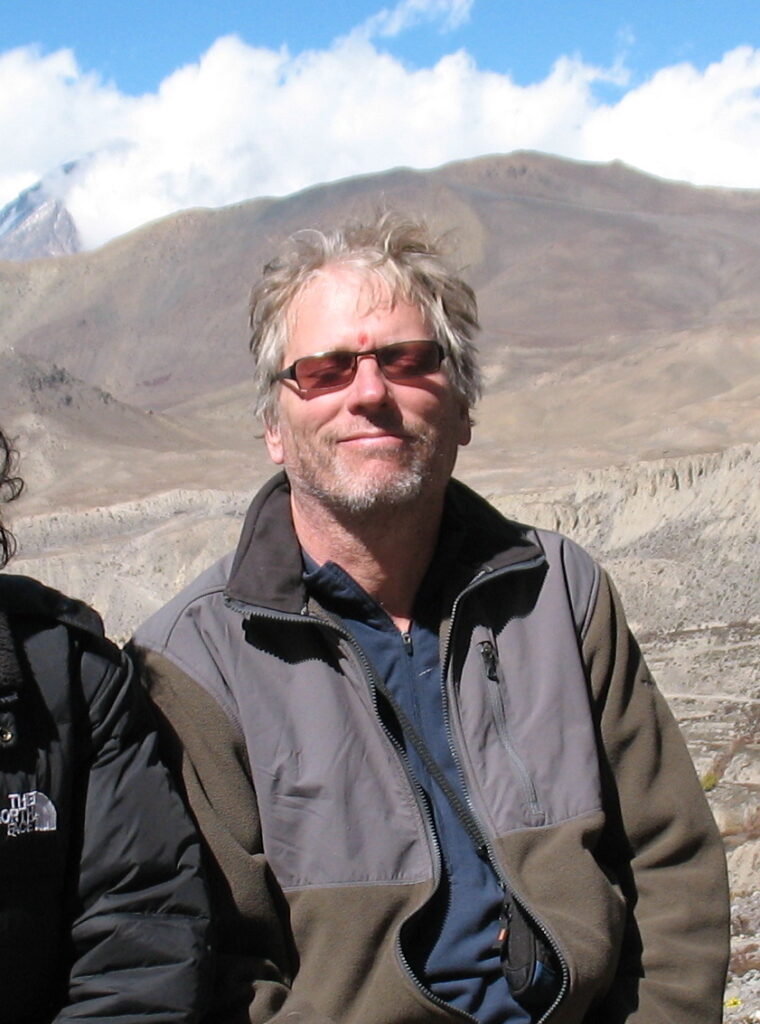
Steven K. Schmidt is a microbial ecologist who studies the biogeochemistry and microbiology of extreme environments in the Himalayas, Andes, Arctic and Antarctica. His lab address questions such as: What are the cold/dry limits to life on Earth? And what factors besides cold/dry conditions limit life in the cryobiosphere? Recent field and microcosm work has illuminated what nutrients are limiting microbial life in glacial systems and barren landscapes of the high Andes (Chile and Peru), the Dry Valleys of Antarctica, and the Arctic (Svalbard and Alaska).
GENTILE FRANCESCO FICETOLA
Department of Environmental Science and Policy, University of Milan, Milan, Italy
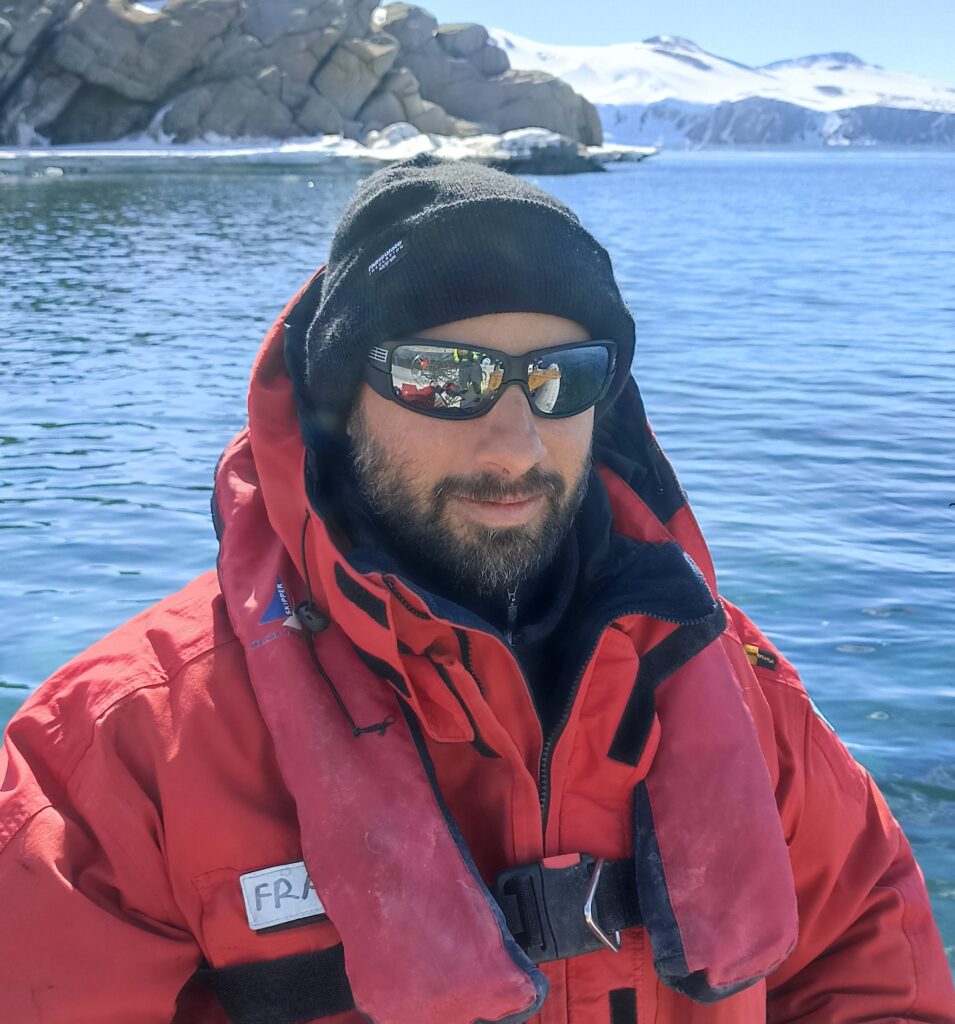
Gentile Francesco Ficetola combines multiple approaches (field activities, landscape ecology, macroecology, evolutionary ecology and environmental DNA) to improve knowledge on biodiversity. His research focuses on the determinants of biodiversity patterns, and on the long-term effects of human activities at multiple scales, from micro-habitat to global. He has special interests on the impact of climate change on mountain ecosystems, and on the biological consequences of glacier retreat.
KATARZYNA BLACHOWIAK-SAMOLYK
Institute of Oceanology, Polish Academy of Sciences
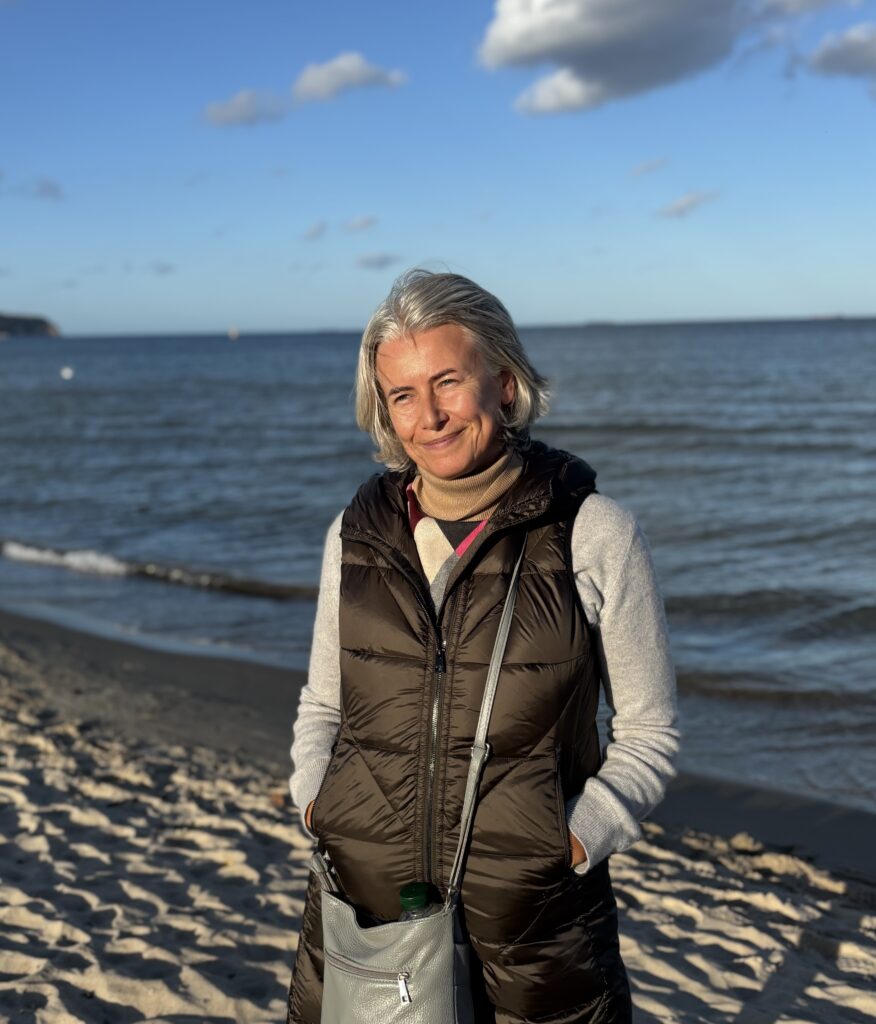
Katarzyna Blachowiak-Samolyk main focus is on Arctic zooplankton ecology, which is proving to be complimentary to her earlier Antarctic studies and so is extending her interests into both polar regions. She is especially interested in diel vertical migration patterns, seasonal plankton composition structure and distribution including polar night period, trophic relationships in both zooplankton itself and between zooplankton as a prey and their planktivorous predators. As a taxonomic editor of SCAR-MarBIN RAMS she is also involved in the taxonomy and zoogeography researches on pelagic Ostracoda in polar regions, but also globally. Last years her emphasis was especially concentrated on the usage of innovative, optical method (e.g., Laser Optical Plankton Counter, Underwater Video Profiler) to study the impact of melting of marine-terminated glaciers on the productivity and biodiversity of Svalbard fjords.
BARTŁOMIEJ LUKS
Institute of Geophysics, Polish Academy of Sciences
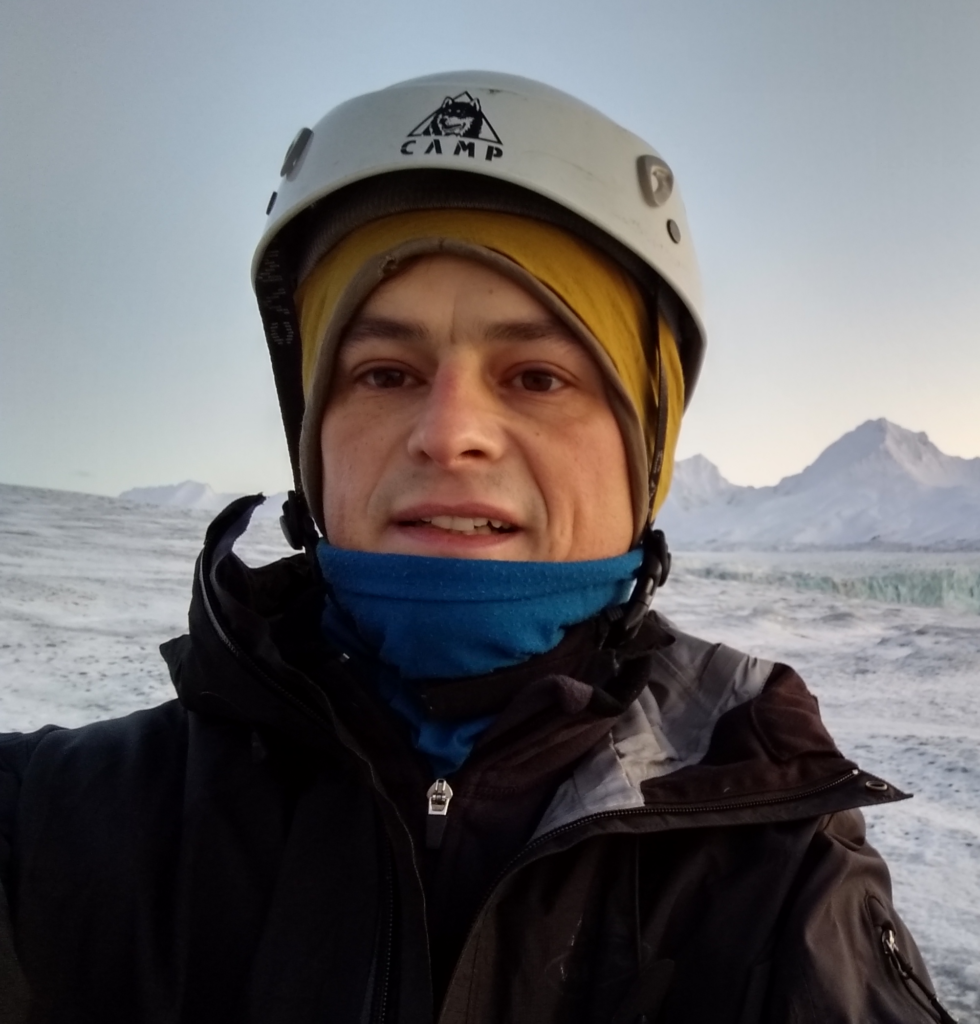
Bartek Luks is a snow researcher with nearly two decades of experience in Arctic environments. Bartek’s research centers on the impact of climate change on glaciers, specifically glacier mass balance and the physical properties of snowpack. He has contributed to numerous research projects in Svalbard, exploring glacier dynamics, snow cover distribution, and the interaction of pollutants and microbes deposited in snow. His work aims to enhance the understanding of glacial and snowpack responses to environmental changes in polar regions.
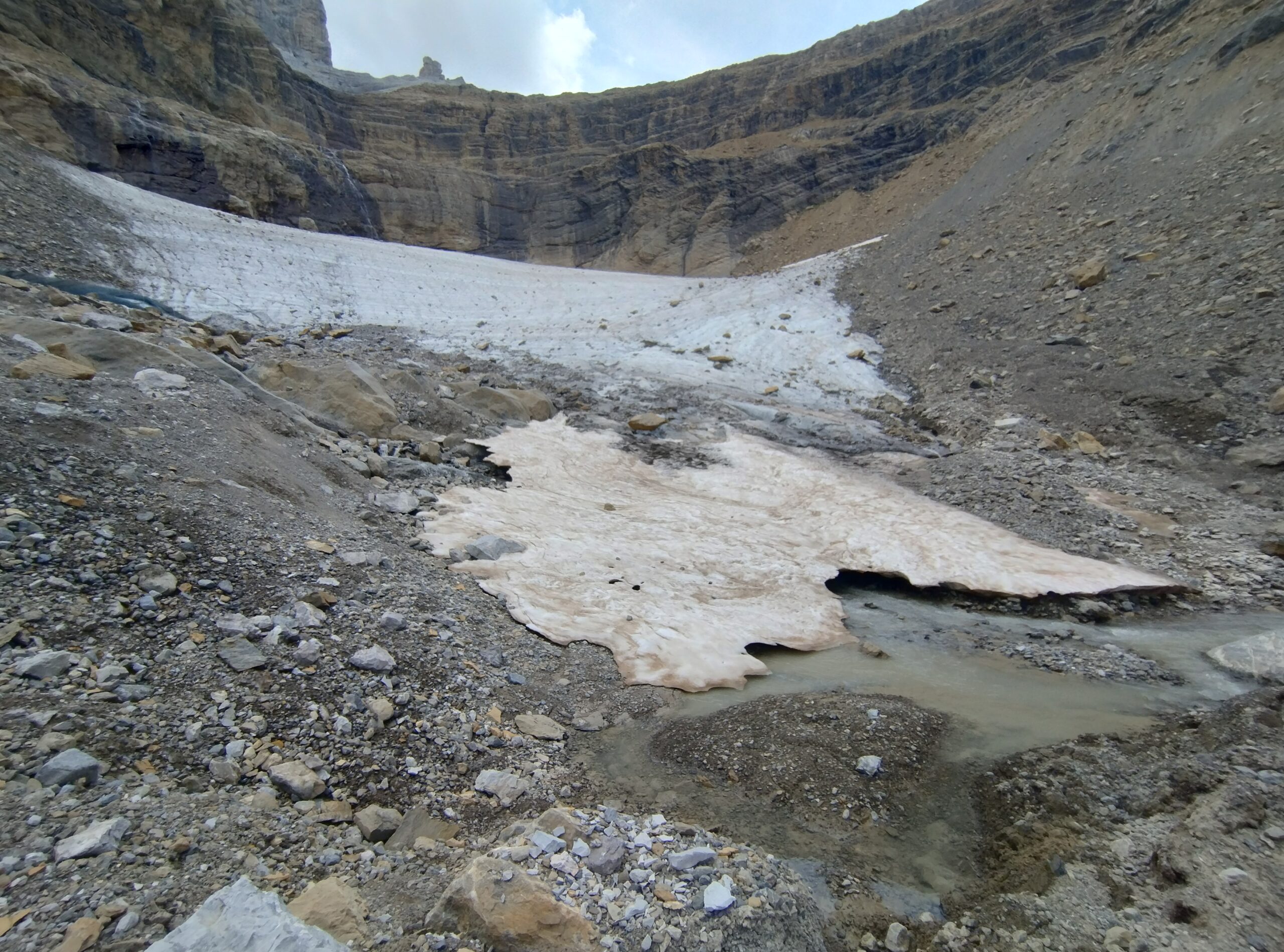
Venue
Collegium Biologicum, Adam Mickiewicz University
ul. Uniwersytetu Poznańskiego 6
61-614 Poznań, Poland
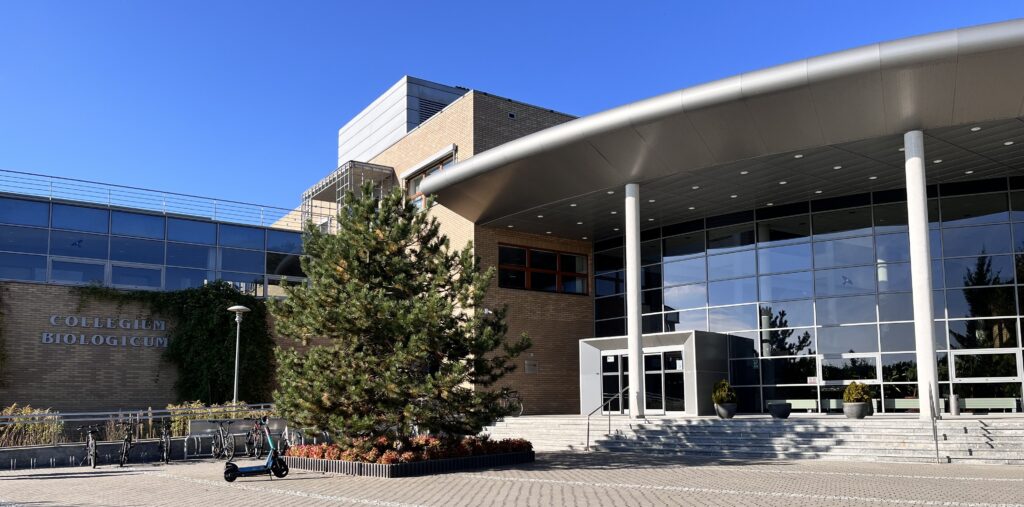
If you want to know some interesting places in Poznan, click below.
You can also find them on the map.
Travel hints
– The icebreaker and all conference sessions will take place at the Collegium Biologicum, Adam Mickiewicz University (Campus Morasko).
– Venue address: Uniwersytetu Poznańskiego 6, 61-689 Poznań (see details in the Venue section at: https://cryo-ecosystems-
– The most convenient way to reach the venue is by tram heading towards the „Osiedle Sobieskiego” terminus. Use tram lines 12, 14, 15 or 16. Get off at the final stop and follow the path to the campus.
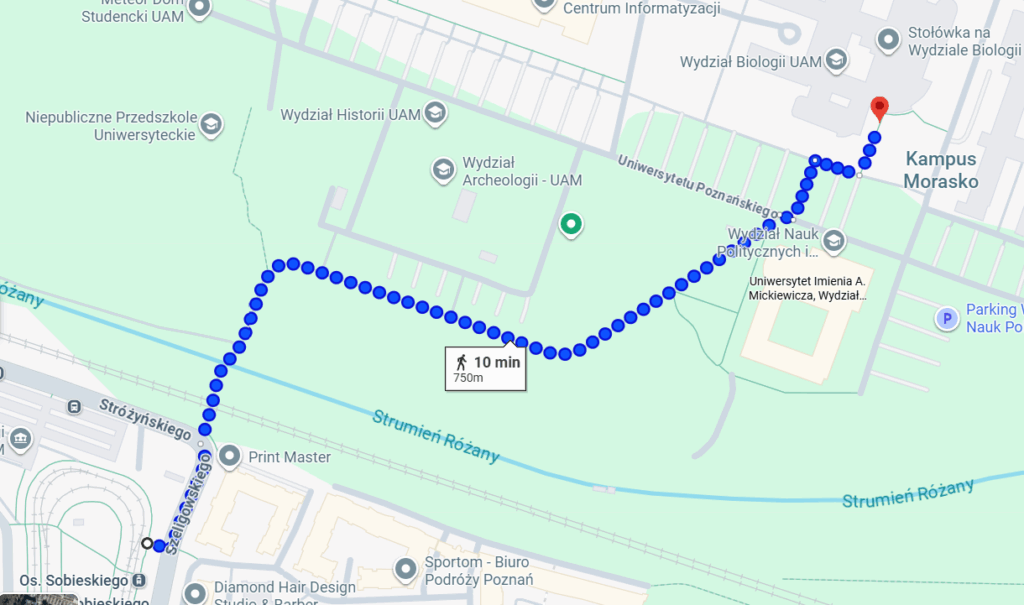
– From the city center you can also use Uber, Bolt or a taxi.
– You can pick up your one-week public transport ticket for all buses and trams in Poznań at the Icebreaker event on September 1st at 5:30 p.m. or during “late registration” on September 2nd, just before the opening. Before that, please buy tickets at ticket machines on trams, buses, or at stops. Payment by card is available on board and at stations.
– If you are traveling from Ławica airport you can take a taxi or bus no. 159 which drops you off in the city center. The distance from the airport to the city center is around 20 minutes by bus.



